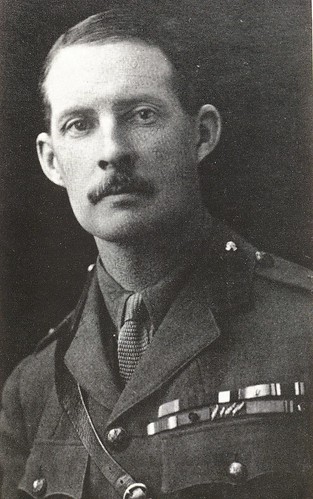Over at The Monarchist, a relatively fierce debate has been going on between monarchists and republicans.
"J.J." says:
It will have simply entered a new phase of its historical evolution, a phase in which the democratic state has grown mature enough to discard the last remnants of its non-democratic, aristocratic past, and thus divorce itself from its useless marriage to crown.Matured? Into what? Into the ever growing, far-reaching state of our times? If you prefer calling that maturing, please feel free!
"J.J." further says:
Call me a Whig is you must, but I believe none of this is disrespectful to history, but rather honors our history of growth and progress. Quintessentially British values, by the way.I, for one, will not call him a Whig, but a believer in the misconceived, flawed, and misguided Whig Theory of History of which Prof. Dr. Dr. Hans-Hermann Hoppe has said:
The Whig theory of history, according to which mankind marches continually forward toward ever higher levels of progress, is incorrect. From the viewpoint of those who prefer less exploitation over more and who value farsightedness and individual responsibility above shortsightedness and irresponsibility, the historic transition from monarchy to democracy represents not progress but civilizational decline.Moreover, "J.J." says:
It is only through our fortunate history of British colonization that Canadians are today a free enough people to realize the problems of the monarchical system, and debate alternatives.I have lived under one of the successor republics of the British Empire. That successor republic has not done well. It can certainly be claimed that comparing the Dominion of Canada with the Republic of Kenya is unfair. However, I have also lived in a Europe "freed" of monarchical rule of which William Gairdner so brilliantly has said:
[A] graph of the past century would show that liberty and local control has retreated everywhere in the "free" world as monarchy has declined."J.J." goes on:
I'm a conservative because I believe in classical values such as common sense, rationality, fiscal restraint, individualism, and human dignity.Prof. Hoppe has called democracy "soft communism." It is true that democracy is about who rules, not how it is ruled, but there are certain tendencies in democratic rule that favor certain policies over others.
The UK electorate kept the now ennobled Baroness of Kesteven in office for 11 years. While she did not leave office because she was directly thrown out by the people, the so-called welfare state was intact when she left. Ronald Reagan, who unashamedly said "government is not the solution to our problem, government is the problem," presided over a growing federal government.
The track record of modern democracy to deliver "classical values" is – to be modest – not impressive. During the seven decades of Soviet Communism, one could often hear – and one still does – the claim that this was not true communism. One can be tempted to ask those who have their faith in modern democracy and "classical values" when they think democracy will "deliver." One should also ask what is the most important; rule of the majority or "classical values?"
"J.J." continues:
I reject the unscientific, irrational, unproven, collectivist doctrines of the socialist left, but also the equally irrational supersticions and tradition fetishes of the reactionary right.One might ask what is so rational about the faith in modern democracy, given its track record. Anyone claiming monarchy to be irrational should study Erik von Kuehnelt-Leddihn, Bertrand de Jouvenel, and Hans-Hermann Hoppe for starters. And they can have Leland B. Yeager's Monarchy: Friend of Liberty and "Deogolwulf"'s Monarchy for pre-meal appetizers.
Furthermore, "J.J." says:
One would find people like me far closer to the mainstream of any modern conservative party than any of the authors on this site, which is simply part of my larger argument about republicanism being a natural component of a larger cultural evolution.Larger cultural evolution? Modern democracy was brought about by political fights, revolutions, and wars. Remember the French Revolution and the war to make the world safe for democracy from history classes? If you want to call it cultural evolution, by all means, please do feel free. I, however, prefer calling a spade a spade, and a revolution a revolution.





2 comments:
I'd take this post more seriously if it wasn't from someone who is apparently protecting the crown of a non-existent country.
And I'd take this comment seriously, were it not for...
Post a Comment